Many Americans who made outsized contributions to society died over the past 12 months.
They include actress Angela Lansbury, jazz saxophonist Pharoah Sanders, physician/humanitarian Paul Farmer, rock ’n’ roll icon Jerry Lee Lewis and neurobiologist Ursula Bellugi. ShareAmerica pays tribute to all of them for their lasting influence on the arts, science, politics or sports. Here are a few notable examples:
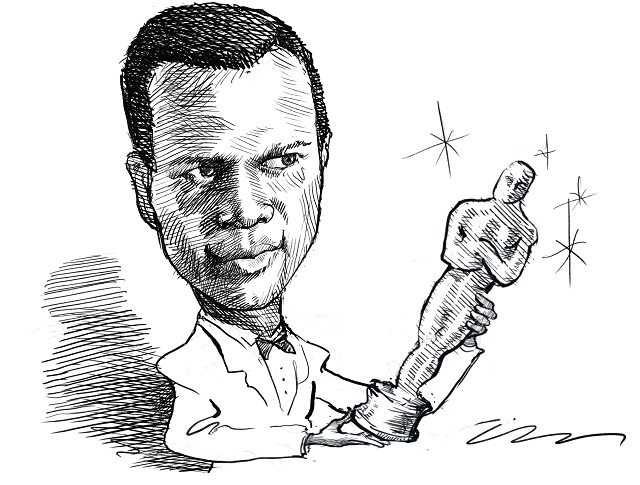
(State Dept./D. Thompson)
Sidney Poitier, born in Miami to Bahamian parents, was the first Black actor to win an Oscar in a leading role — in 1964, for his performance in Lilies of the Field. His performances in three other films (To Sir, with Love; In the Heat of the Night; and Guess Who’s Coming to Dinner) brought him star status in 1967 and helped break down racial barriers in Hollywood. Poitier — also a civil rights leader — received the U.S. Presidential Medal of Freedom from President Barack Obama in 2009. He died January 6 at age 94.
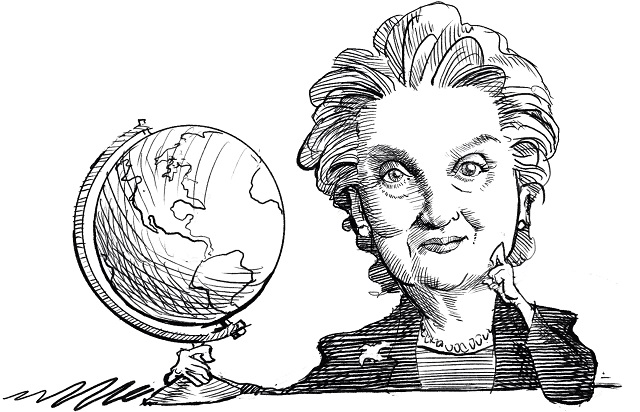
(State Dept./D. Thompson)
Madeleine Albright served as U.S. permanent representative to the United Nations before being appointed in 1997 by President Bill Clinton as the first female U.S. secretary of state. She was a staunch defender of democracy and human rights. Born in Prague, Albright emigrated to England as a toddler and to the U.S. at age 11. After earning a doctorate at Columbia University, she launched a four-decade diplomatic career, during which she advocated for the expansion of NATO and for democracy in Eastern Europe. Obama awarded her the Presidential Medal of Freedom in 2012. She died March 23 at age 84.
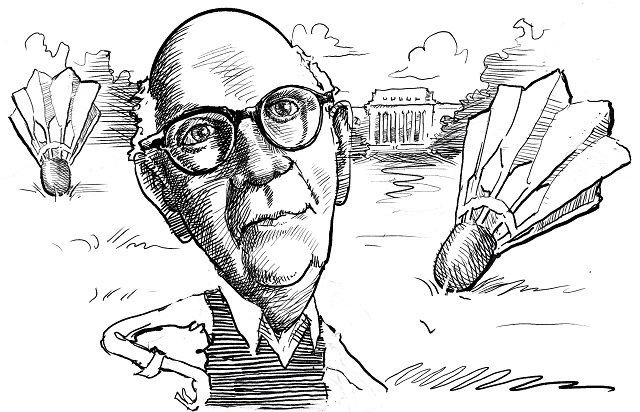
(State Dept./D. Thompson)
Claes Oldenburg, the Swedish-born American pop artist known for his monumental sculptures of everyday objects, emerged as a key figure in New York’s art scene during the 1950s. He transformed cherries, clothespins, spoons and other mundane items into outsized, whimsical art, often collaborating with his late wife, Coosje van Bruggen. “One rule about my art is that it must not have any function,” he says in a video produced by New York’s Museum of Modern Art. “I begin by removing the function of the thing, because its true function is to become an artwork.” He died July 18 at age 93.

(State Dept./D. Thompson)
Ronnie Spector (born Veronica Bennett), lead vocalist for the pop/soul group The Ronettes, formed the trio in 1957 with her sister, Estelle Bennett, and their cousin Nedra Talley when they were teenagers. The New York-based group recorded several hits in the 1960s, including “Be My Baby,” and “Baby I Love You.” After The Ronettes disbanded in 1967, Spector pursued a solo career, releasing several albums. Spector and her fellow Ronettes were inducted into the Rock & Roll Hall of Fame in 2007. She died January 12 at age 78.
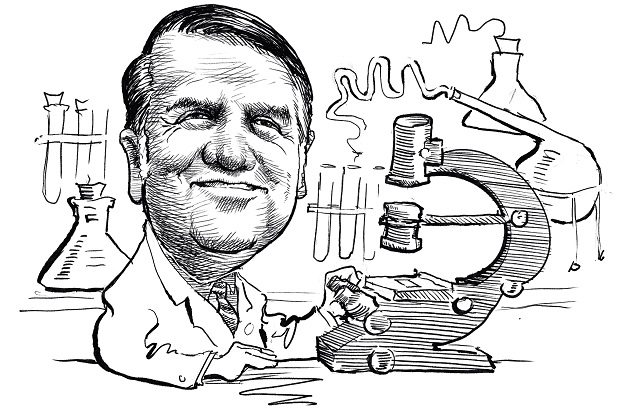
(State Dept./D. Thompson)
Donald Pinkel, a pediatric surgeon and cancer researcher, was the founding director of St. Jude Children’s Research Hospital in Memphis, Tennessee, and made medical history in the 1960s by developing the first effective treatment for childhood leukemia. Pinkel also led efforts to study sickle cell disorders and other cancers and diseases. After leaving St. Jude in 1973, he worked at hospitals and medical schools in Wisconsin, California, Pennsylvania and Texas, receiving numerous honors and retiring in 1994. He died March 9 at age 95.

(State Dept./D. Thompson)
Bill Russell, a basketball icon and the National Basketball Association’s first Black superstar, won 11 championship titles in the 13 seasons he played with the Boston Celtics (1956–69) — a record no other player has approached. He was the first Black coach of a modern major professional sports team in the U.S. when he was named the player-coach of the Celtics in 1966. He later coached the Seattle SuperSonics and the Sacramento Kings. A civil rights activist and author of a 1979 autobiography, he was awarded the Presidential Medal of Freedom by Obama in 2011. He died July 31 at age 88.

(State Dept./D. Thompson)
Best-selling author, historian and TV host David McCullough won Pulitzer Prizes for two presidential biographies, Truman (1992) and John Adams (2001), and he won two National Book Awards for works focusing on the young Theodore Roosevelt. His flair for vividly depicting figures of America’s past made him a natural to host the television series American Experience and serve as the narrator for popular movies and documentaries, including the Ken Burns series The Civil War. McCullough was awarded the Presidential Medal of Freedom by President George W. Bush in 2006. He died August 7 at age 89.
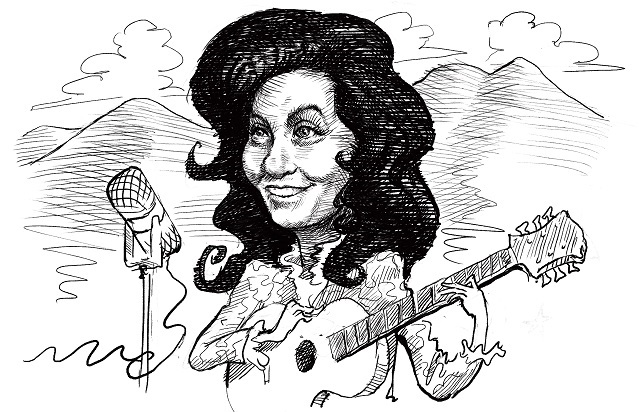
(State Dept./D. Thompson)
Loretta Lynn, a singer/songwriter who gave voice to working-class women, rose to fame in 1962 with the self-penned Success, a country hit that she followed with a slew of Number 1 hits on the U.S. country chart. Born in a mining town in Kentucky’s Appalachian Mountains, she was married at 15 and had four children before the age of 19. Some of her songs were inspired by her volatile marriage, but her most autobiographical song was “Coal Miner’s Daughter” (1970). Its title was used again for her memoir and a film about her. Elected to the Country Music Hall of Fame in 1988, she was awarded the Presidential Medal of Freedom by Obama in 2013. She died October 4 at age 90.







COMMENTS0
LEAVE A COMMENT
TOP